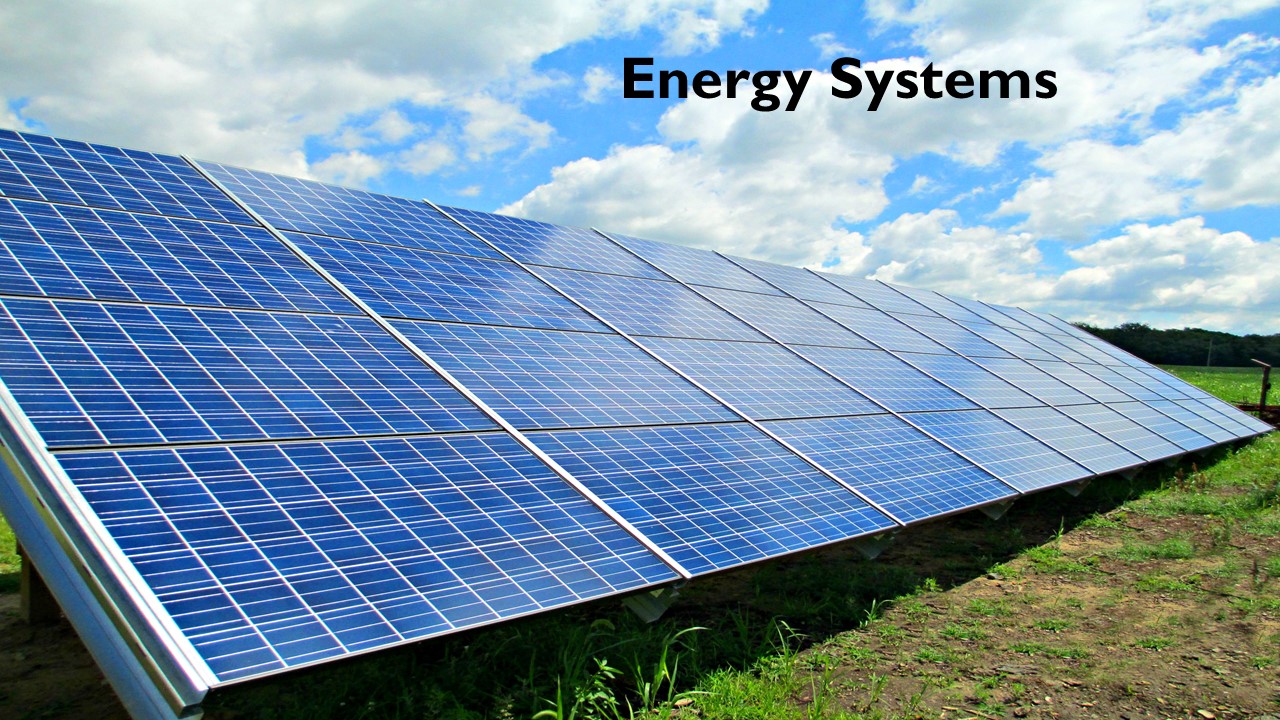Energy activity is a key variable in the environmental sustainability paradigm. ESES students are encouraged to explore broader science questions related to the connections between energy activity and the changing environment from a technological and political perspectives for a range of scales; cities, regions, and global
Sample Research Projects:
Maryam Karimi (Summer 2011 – Spring 2016)
Thermal Neighborhood Observations and Effects on Human Health Neighborhood Variations in Urban Northeast Heat Island
Accurate monitoring of near surface temperature and relative humidity is important for wide variety of applications related to human health diseases and asthma. The urban heat island (UHI) of a city can be subdivided into physical defined neighborhoods that can respond to large scale environmental forcing indifferent of each other. The relative humidity and modeled temperature observed bias are not similar between neighborhoods but throughout a thermal neighborhood. The main goal of this project is to develop neighborhood based temperature and air quality predictions from the large scale measurements and predictions by using neighborhood-scale field campaign data to develop a model output statistics to downscale model forecasts of temperature and humidity. The urban classification would account for the roughness parameters like surface fluxes and reflect large scale influences with proximity to large body of forest and water. The buildings’ height and density, fraction of vegetation, and albedo will be taken into measurement. Based on these parameters, the weather model forecasts will exhibit local biases and field campaigns with mobile measurements for temperature and relative humidity are employed to find biases at the street level in urban northeast focusing on New York, Boston and Philadelphia. The main goal of the project is to develop a neighborhood bases temperature and air quality predictions using large scale measurements with downscaling techniques for climate projections and to anticipate climate adaption at the neighborhood scale and preparing hospitals for climate related outbreaks.



